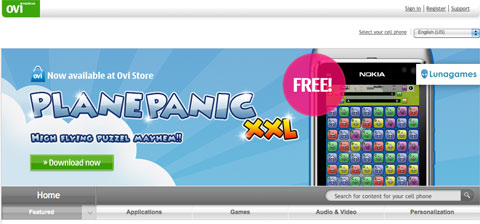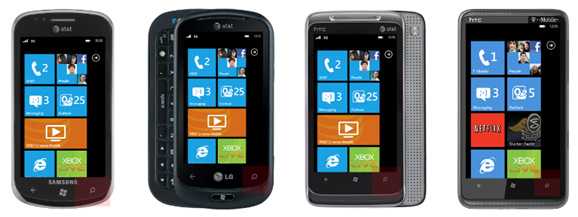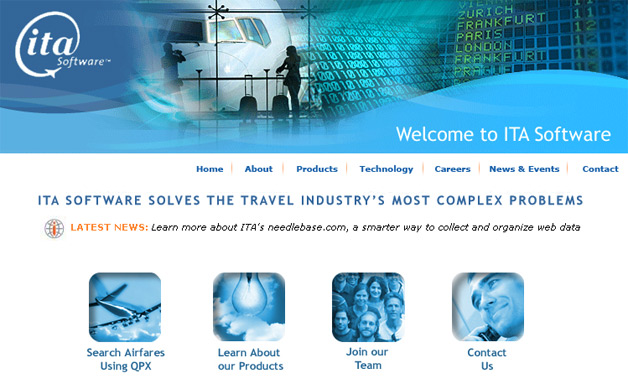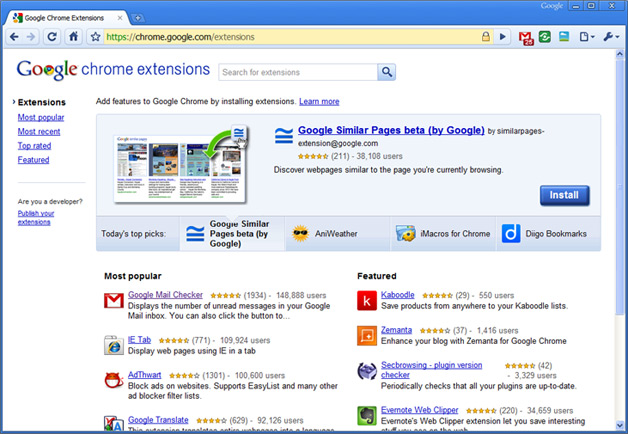The next version of the Windows Phone operating system – Mango – has been released to the first manufacturers who will produce devices built around it.
“This marks the point in the development process where we hand code to our handset and mobile operator partners to optimize Mango for their specific phone and network configurations,” says Microsoft’s Terry Myerson Here on the Windows Phone team, we now turn to preparing for the update process. The Mango update for current Windows Phone handsets will be ready this fall, and of course will come pre-installed on new Windows Phones.”
“We can’t wait to get Mango in your hands so you can experience all the new features for yourself and give us feedback on where to go next. As we reach additional milestones we will be back to share more but until then, thank you for your support of Windows Phone.”
Microsoft revealed Mango in May, adding hundreds of new features to the Windows Phone operating system. “When we looked ahead to the next release, we wanted to stay true to the principles of Windows Phone 7 – that software should get out of your way and quickly connect you to the things that matter most,” said Greg Sullivan, senior product manager of mobile communications at Microsoft. “Mango builds on the work that we did in Windows Phone 7 and extends a lot of key scenarios around communications, apps, and Internet experiences – with even more capability and a deeper level of integration.”
Windows Phone “Mango” Released to Manufacturing: http://bit.ly/n8HM2N (via @windows)
Mango includes an “App Connect” feature, which connects apps to search results, and is designed to surface apps “when and where they make sense”. For example, if you search Bing (the default search engine of course) for a movie, you may get results delivered in the form of show times and theater locations actually from the Fandango app.
“It’s like having a great butler or a valet that you’ve known for 30 years who can anticipate your every need instead you doing all the work yourself,” Sullivan said. “Windows Phone stitches all of this together for you and connects the applications you have on your phone, or that we have in the marketplace, to the rest of what you’re doing, in a way that’s much, much deeper than any other platform. So you can go from Binging to buying in seconds.”
More features are discussed here, but we find the ways that the operating system is integrating search with other apps quite interesting, particularly for search marketers. If this becomes a trend in mobile search, it places emphasis on the need for visibility among popular mobile apps.
According to reports, Fujitsu and KDDI (in Japan) will be the first to launch Mango-based phones.








 "You’ll see new slates with Windows on them. You’ll see them this Christmas," he
"You’ll see new slates with Windows on them. You’ll see them this Christmas," he  Here are some of the things that Ballmer said (based on a transcript
Here are some of the things that Ballmer said (based on a transcript 
 When it comes to security, even hackers admit we’re doing a better job making our products more secure than anyone else. And it’s not just the hackers; third party influentials and industry leaders like Cisco tell us regularly that our focus and investment continues to surpass others.
When it comes to security, even hackers admit we’re doing a better job making our products more secure than anyone else. And it’s not just the hackers; third party influentials and industry leaders like Cisco tell us regularly that our focus and investment continues to surpass others.